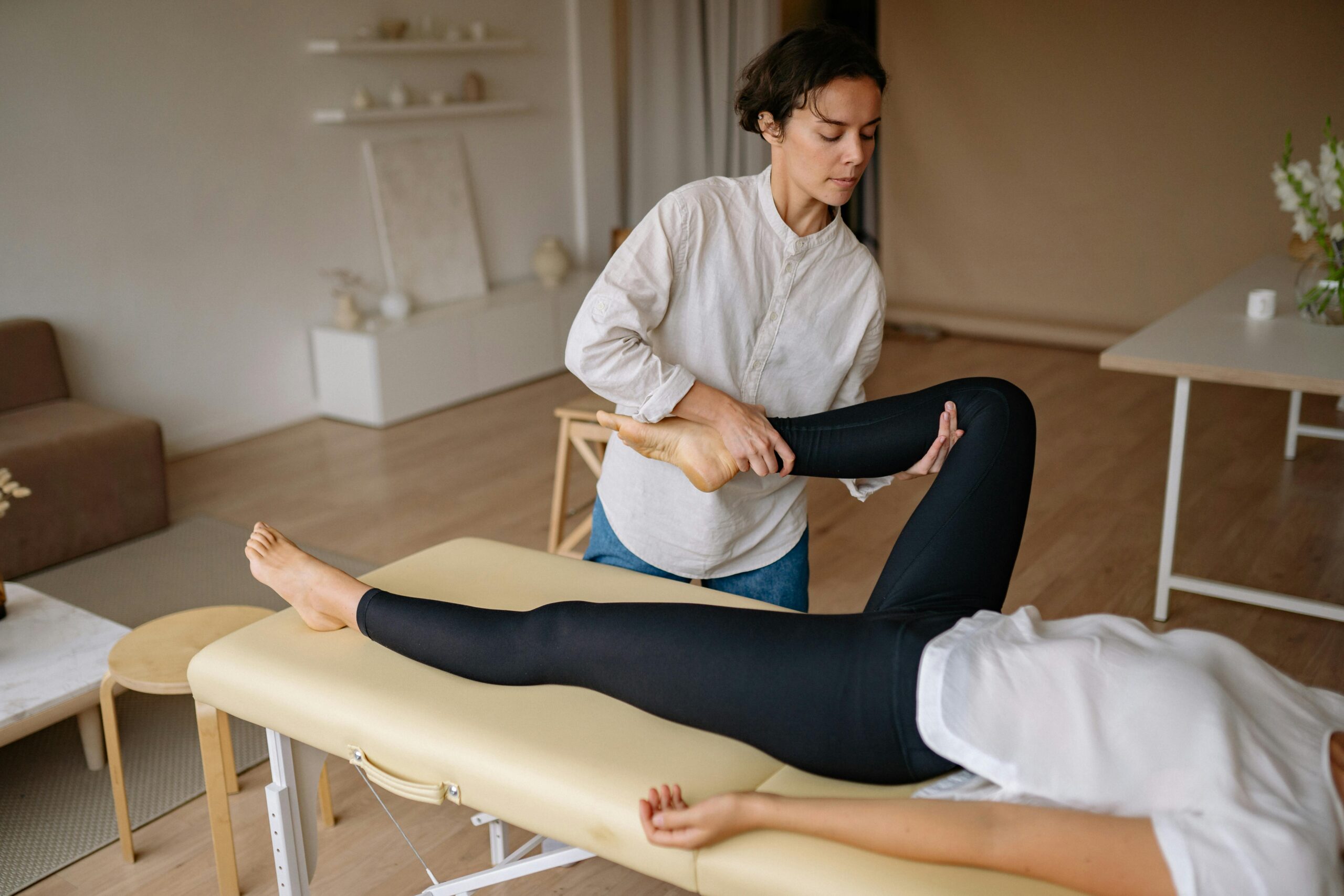Life in Rotterdam is fast-paced, exciting, and full of opportunities. But with the hustle and bustle of work, family, and social commitments, stress can easily creep in. Whether you’re navigating the city’s busy streets, juggling deadlines, or simply trying to keep up with the demands of modern life, stress can take a toll on your body and mind. The good news? There are simple, effective ways to combat stress and find your calm amidst the chaos. One of the most accessible and powerful tools is stretching, but it’s just one part of a holistic approach to stress relief.
In this blog, we’ll explore how stretching fits into a broader strategy for managing stress and share practical tips to help Rotterdam locals unwind, relax, and reclaim their well-being.
The Connection Between Stress and Tension
When you’re stressed, your body responds by tightening up. Your shoulders hunch, your jaw clenches, and your muscles contract as part of the “fight or flight” response. Over time, this tension can lead to headaches, back pain, and even chronic stress-related conditions.
While stretching is a fantastic way to release physical tension, it’s most effective when combined with other stress-relief strategies. By taking a holistic approach, you can address stress from multiple angles and create a lasting sense of calm and balance.
General Strategies for Stress Relief
Here are some proven strategies to help you manage stress, with stretching playing a key role:
1. Stretching and Relaxation
- Why It Helps: Stretching releases muscle tension, improves blood flow, and activates the parasympathetic nervous system, which promotes relaxation.
- How to Do It: Incorporate gentle stretches into your daily routine, focusing on areas where you hold tension, like your neck, shoulders, and back. Pair stretching with deep breathing for maximum relaxation.
2. Mindfulness and Meditation
- Why It Helps: Mindfulness practices help you stay present and reduce anxiety by calming the mind.
- How to Do It: Set aside 5-10 minutes each day to sit quietly, focus on your breath, and observe your thoughts without judgment. Apps like Headspace or Calm can guide you through meditation sessions.
3. Physical Activity
- Why It Helps: Exercise releases endorphins, your body’s natural mood boosters, and helps reduce stress hormones like cortisol.
- How to Do It: Find an activity you enjoy, whether it’s cycling along the Maas River, jogging in Kralingse Bos, or joining a fitness class in Rotterdam. Aim for at least 30 minutes of moderate exercise most days of the week.
4. Quality Sleep
- Why It Helps: Sleep is essential for stress recovery and overall well-being. Poor sleep can exacerbate stress, while good sleep can help you manage it better.
- How to Do It: Establish a consistent sleep routine, avoid screens before bed, and create a calm sleep environment. Consider gentle stretching or meditation before bedtime to relax your body and mind.
5. Social Connection
- Why It Helps: Spending time with loved ones or engaging in community activities can provide emotional support and reduce feelings of stress.
- How to Do It: Make time for friends and family, join a local club or group, or simply strike up a conversation with a neighbor. Rotterdam’s vibrant community offers plenty of opportunities to connect.
6. Healthy Nutrition
- Why It Helps: A balanced diet supports your body’s ability to cope with stress and maintain energy levels.
- How to Do It: Focus on whole foods like fruits, vegetables, lean proteins, and whole grains. Stay hydrated and limit caffeine and sugar, which can increase stress levels.
7. Time in Nature
- Why It Helps: Spending time outdoors has been shown to lower stress levels and improve mood.
- How to Do It: Take a walk in one of Rotterdam’s beautiful parks, like Het Park or the Euromast Park, or enjoy a quiet moment by the water.

